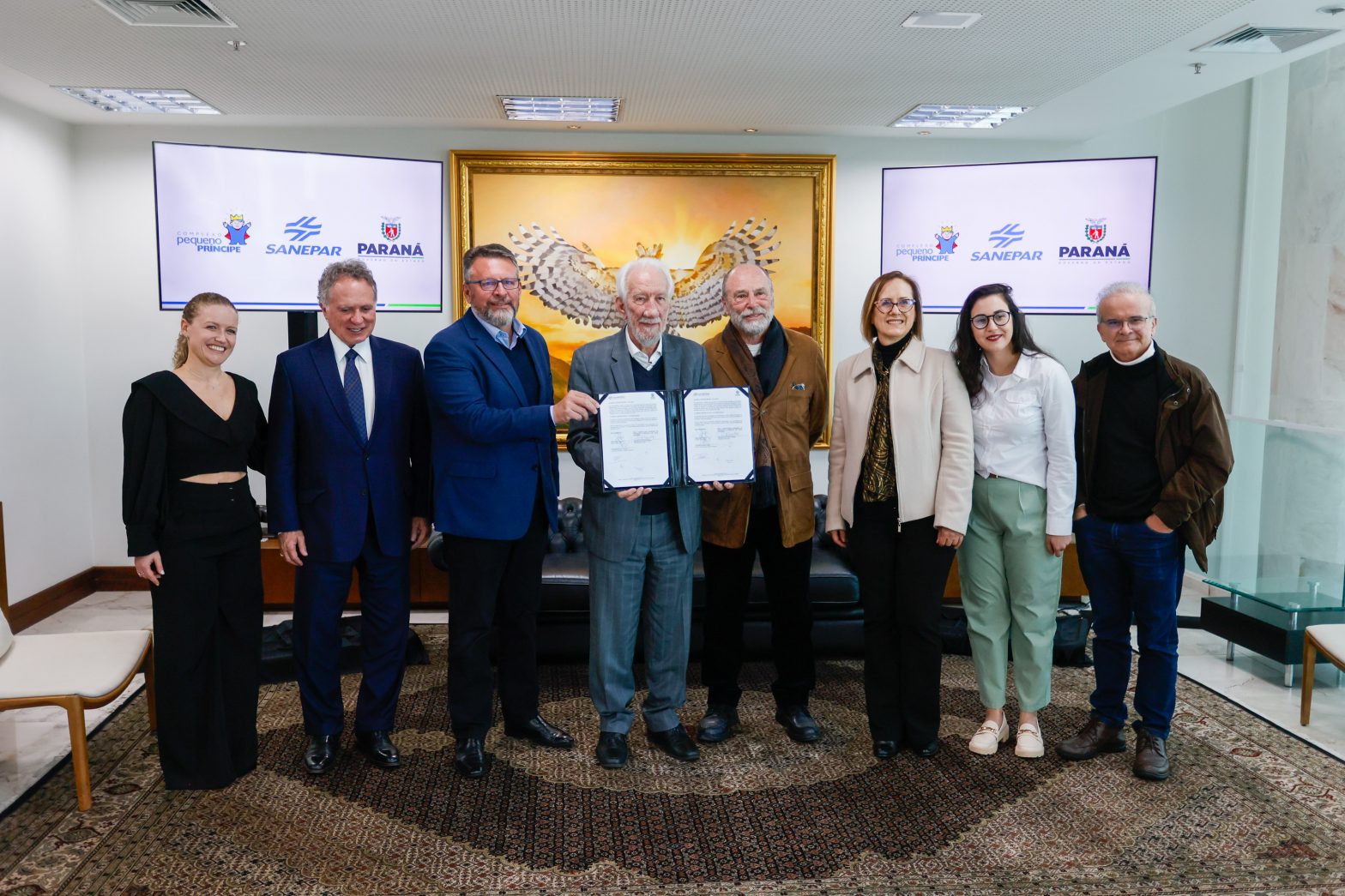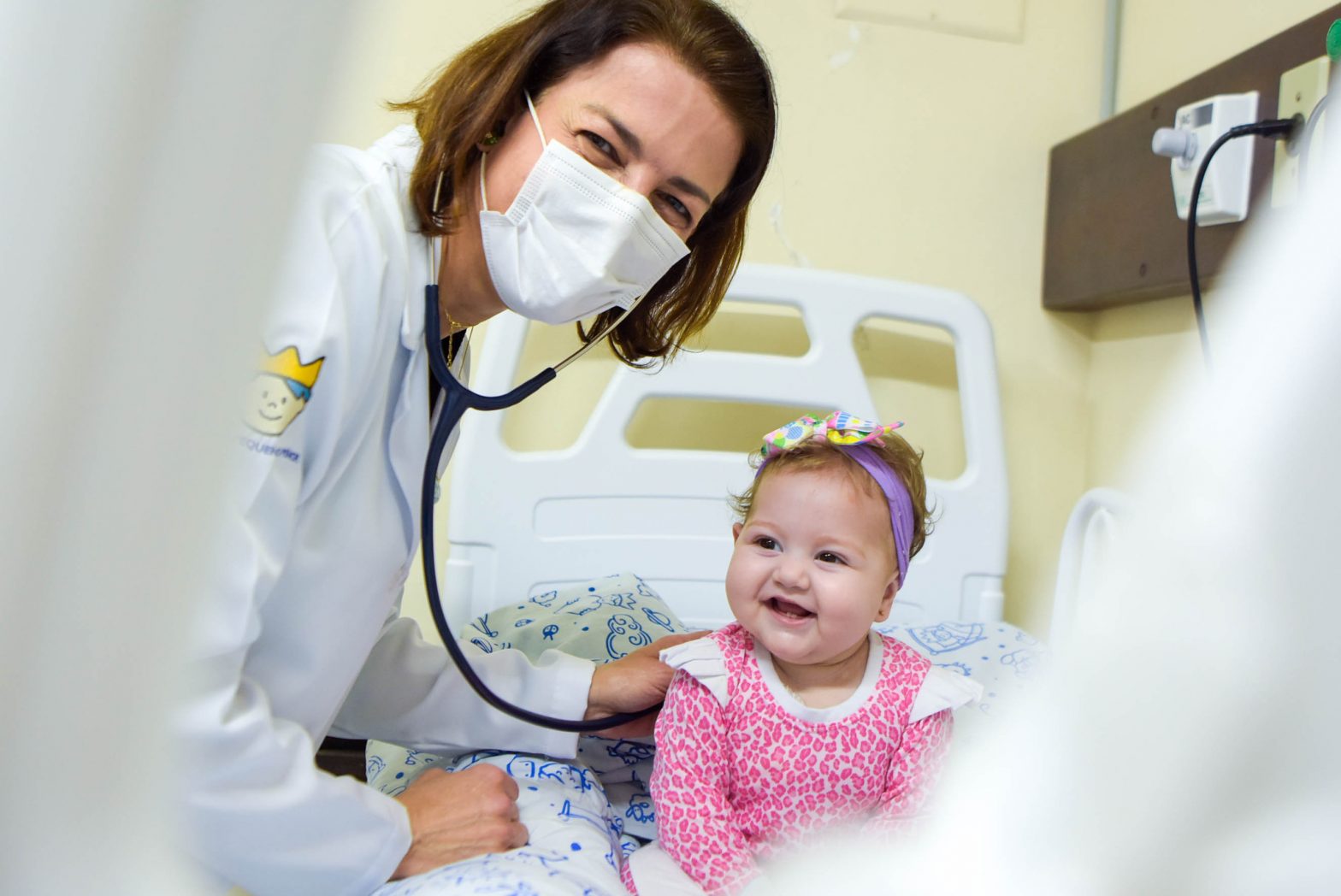Pequeno Príncipe is among the Brazilian centers that perform BMT for sickle cell anemia
Hereditary disease, caused by a genetic mutation, affects around 8% of the black population in Brazil; BMT is the only curative treatment available in the country
David was born in the municipality of Poções, in the interior of Bahia state, and a few hours later he developed a fever. When the family received the results of the heel prick test, 15 days after his birth, they found the information that justified the fever on the first day of life: Sickle cell disease.
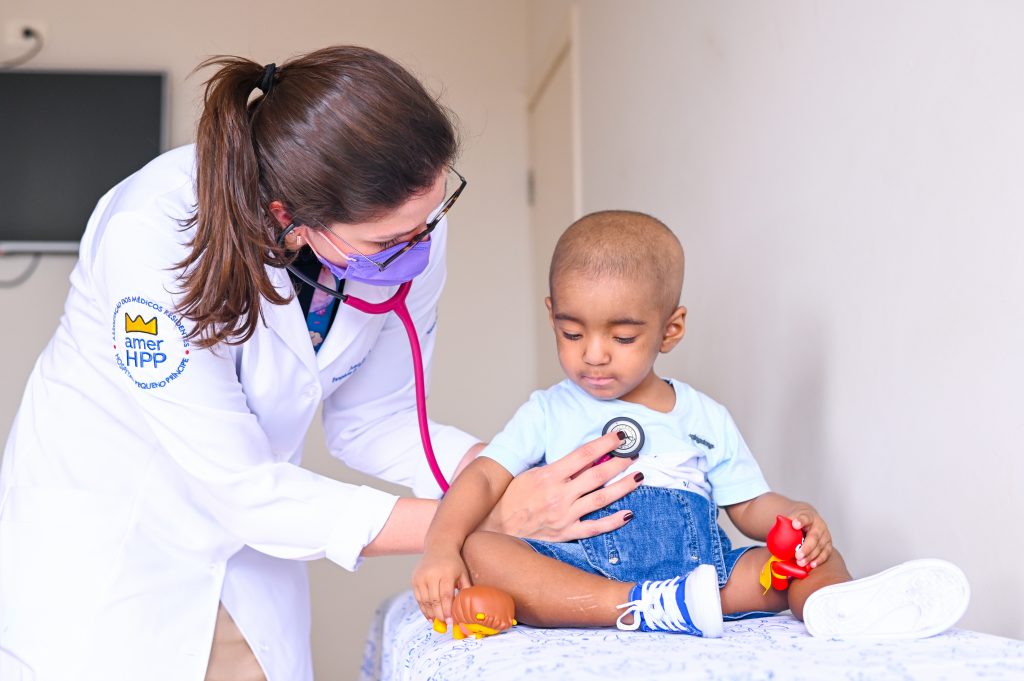
Hereditary, sickle cell disease is characterized by a mutation in the gene that produces red blood cells (hemoglobin), giving rise to a mutant hemoglobin called S (HbS), which is recessively inherited. There are other mutant hemoglobin types (C, D, E, etc.), which, together with S, generate sickle cell diseases. The most common is the double SS combination, sickle cell anemia, diagnosed in David.
During a crisis, the red blood cell changes its shape, making it difficult for oxygen to pass through, which can cause obstruction of vessels and poor blood circulation in various organs, which can cause small heart attacks and lead to impaired functioning of the body. Among the most common complications are pain attacks, anemia, infections, bone necrosis and stroke.
According to the Ministry of Health, around 1,100 children are born each year in Brazil with sickle cell disease, which is equivalent to an incidence of 3.78 for every 10,000 live births. A study carried out by the São Paulo Hematology Center demonstrated that the disease predominantly affects people of African descent. In this population, the prevalence of the disease is 8%, while in the white population it is 1.2%. This is due to the Brazilian miscegenation process.
According to Fiocruz, without adequate treatment, only 20% of children would reach 5 years of age, however, with early diagnosis carried out through the heel prick test and current treatment protocols, which include the use of prophylactic antibiotics, vaccination, use of hydroxyurea, medical and routine examinations, there was a significant improvement in the quality of life of patients.
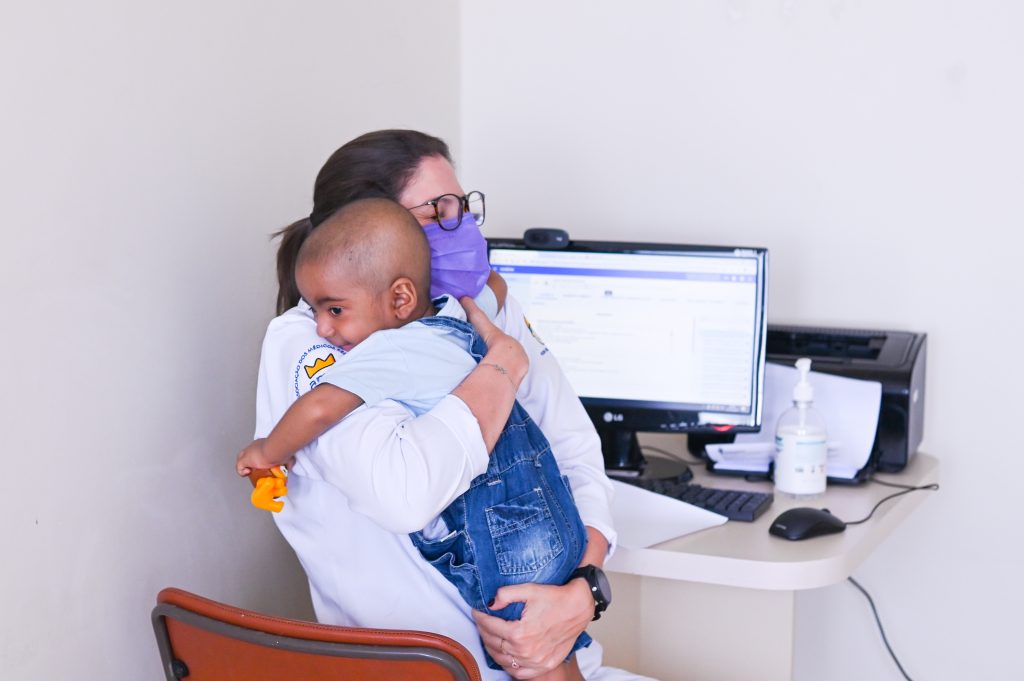
Throughout his first year of life, David underwent medication treatment without any crises. But just after his first birthday, he got a generalized infection and fever, followed by convulsions and an ischemic stroke, which caused him to stop talking and walking.
The health team that accompanied him recommended monthly blood transfusions and included new medications in the treatment. Still, the risk was great, and he was referred for a bone marrow transplant. As this treatment is not provided in Bahia state by the Brazilian Public Health System (SUS, abbreviation in Portuguese), the boy was transferred to Pequeno Príncipe Hospital. Fortunately, David has a sister, Pâmela, who was a 100% match and became the bone marrow donor. David’s BMT was performed on October 24, 2023, and 19 days later the most awaited news came: The bone marrow engrafted. The boy overcame the disease and will be able to live a normal life from now on.
Brazilian scenario
In Brazil, the indication of BMT for sickle cell disease is relatively recent. The ministerial directive that incorporated this treatment into the Public Health System is from 2015. Another decree, from 2018, established some criteria, so that not all patients with this anemia are eligible for transplantation.
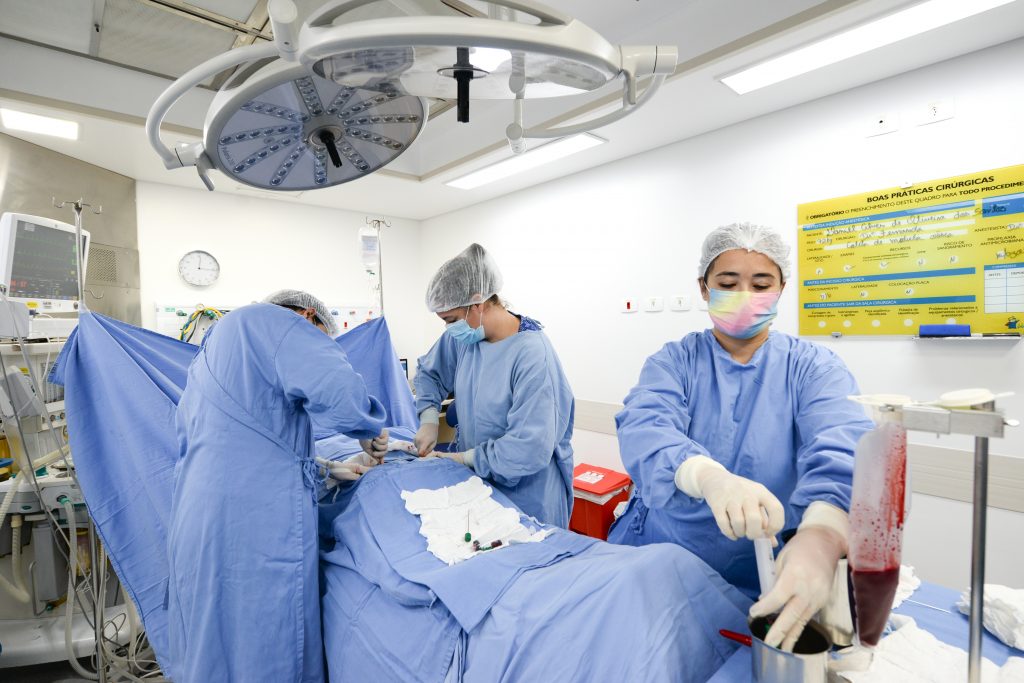
Just a few centers in the country perform BMT for sickle cell disease, especially through the SUS, and Pequeno Príncipe stands out for its involvement in dedicated care for this disease and offering this highly complex therapy.
Since it was implemented, the Hospital’s Bone Marrow Transplantation Service has performed 26 transplants for sickle cell disease. A survey carried out by the Brazilian Society of Cellular Therapy and Bone Marrow Transplantation shows that, between 2003 and 2022, 124 pediatric patients with the disease were transplanted in the country, in 21 centers.
“At Pequeno Príncipe, we have the support of a BMT [medical and multiprofessional] team and other specialties to monitor these patients, ensuring excellent post-transplant results,” informs the doctor responsible for the service, Cilmara Kuwahara.
More
Pequeno Príncipe and Sanepar sign a partnership agreement to research hospital effluents
A pioneering initiative in the country will test ways to reduce and eliminate pharmaceutical residues present in sewage, preserving human, animal and environmental health
Follow-up with a pediatrician is essential to ensure the full development of children
Less than 10% of the more than 40,000 Brazilian pediatricians provide service under the Brazilian Public Health System


